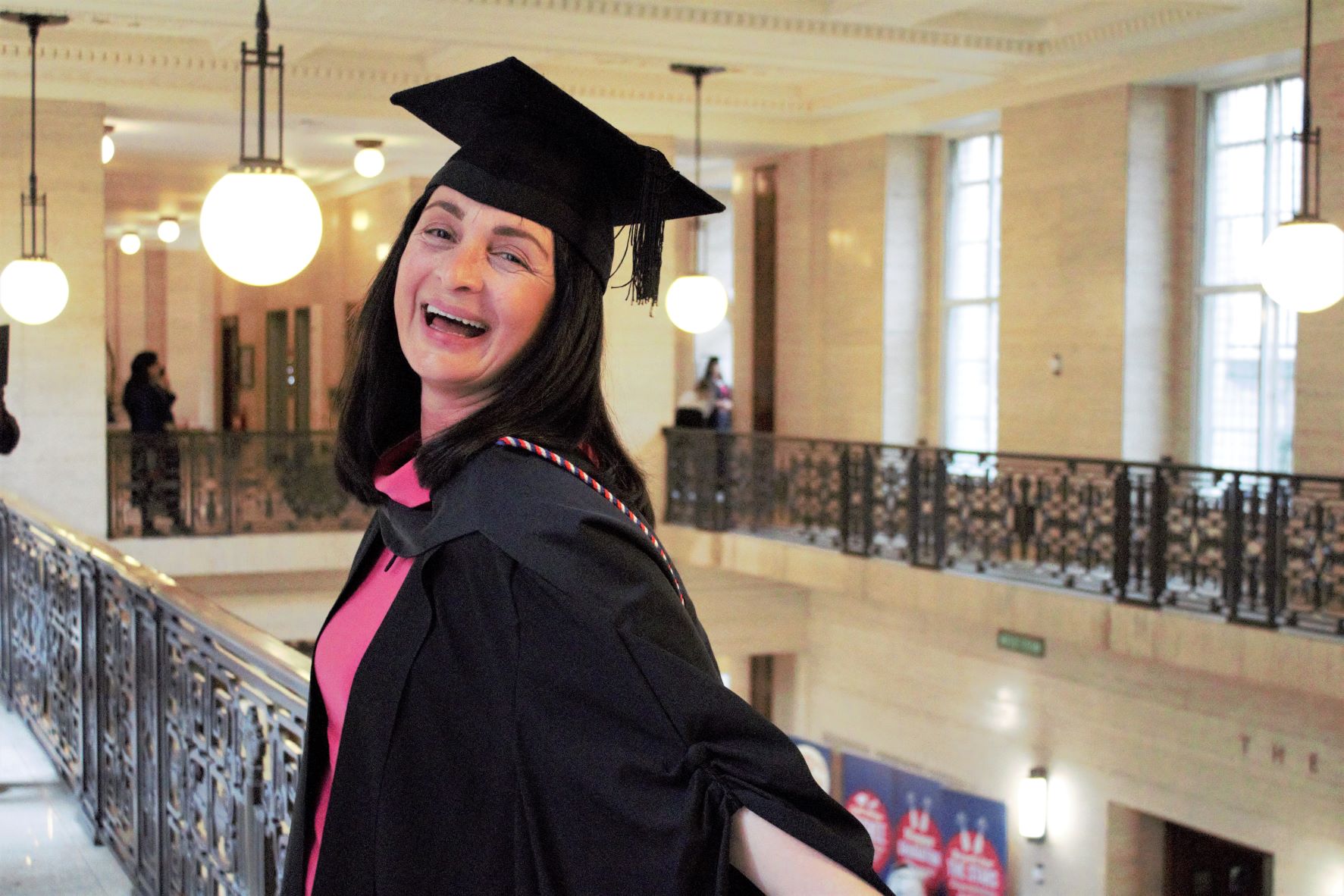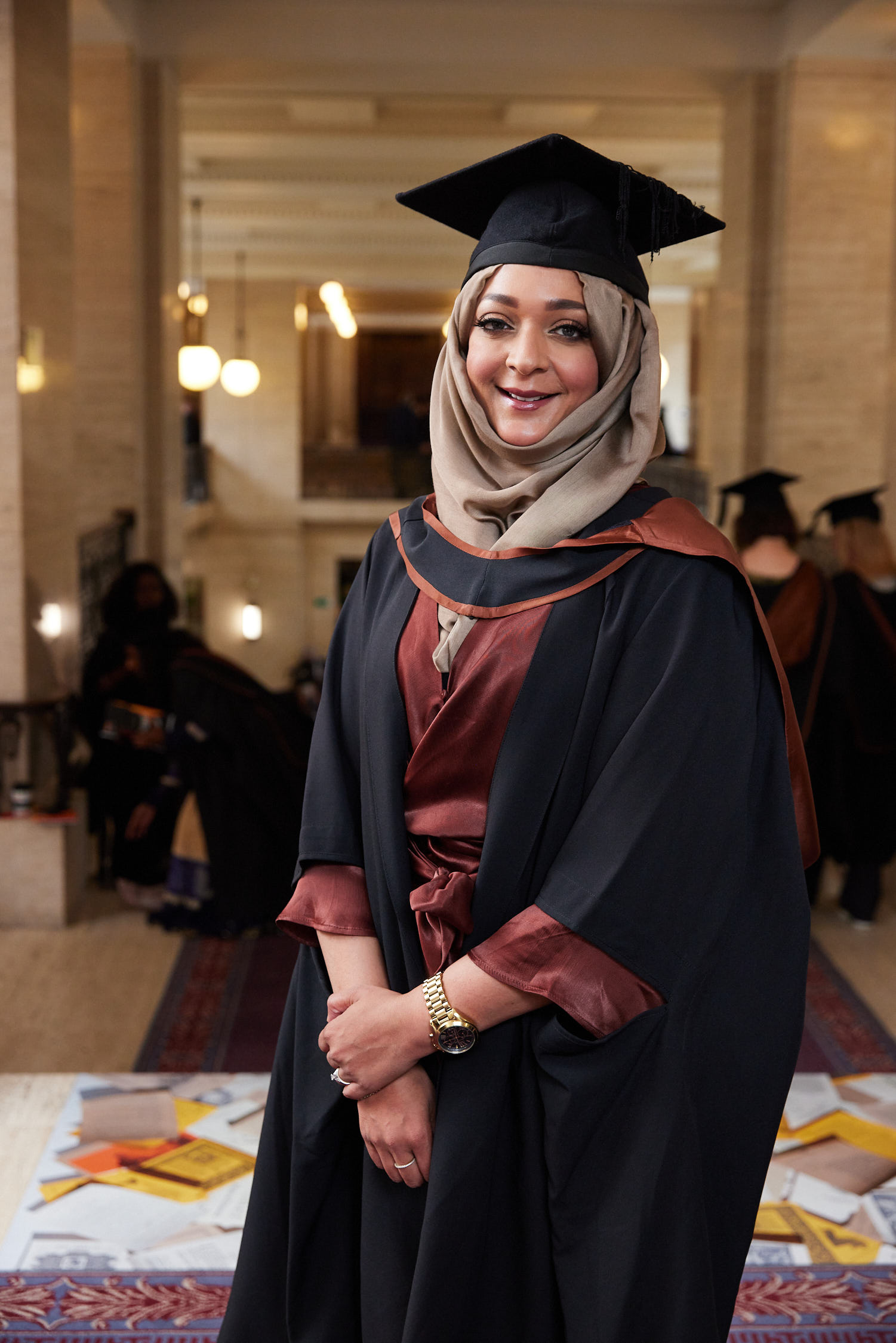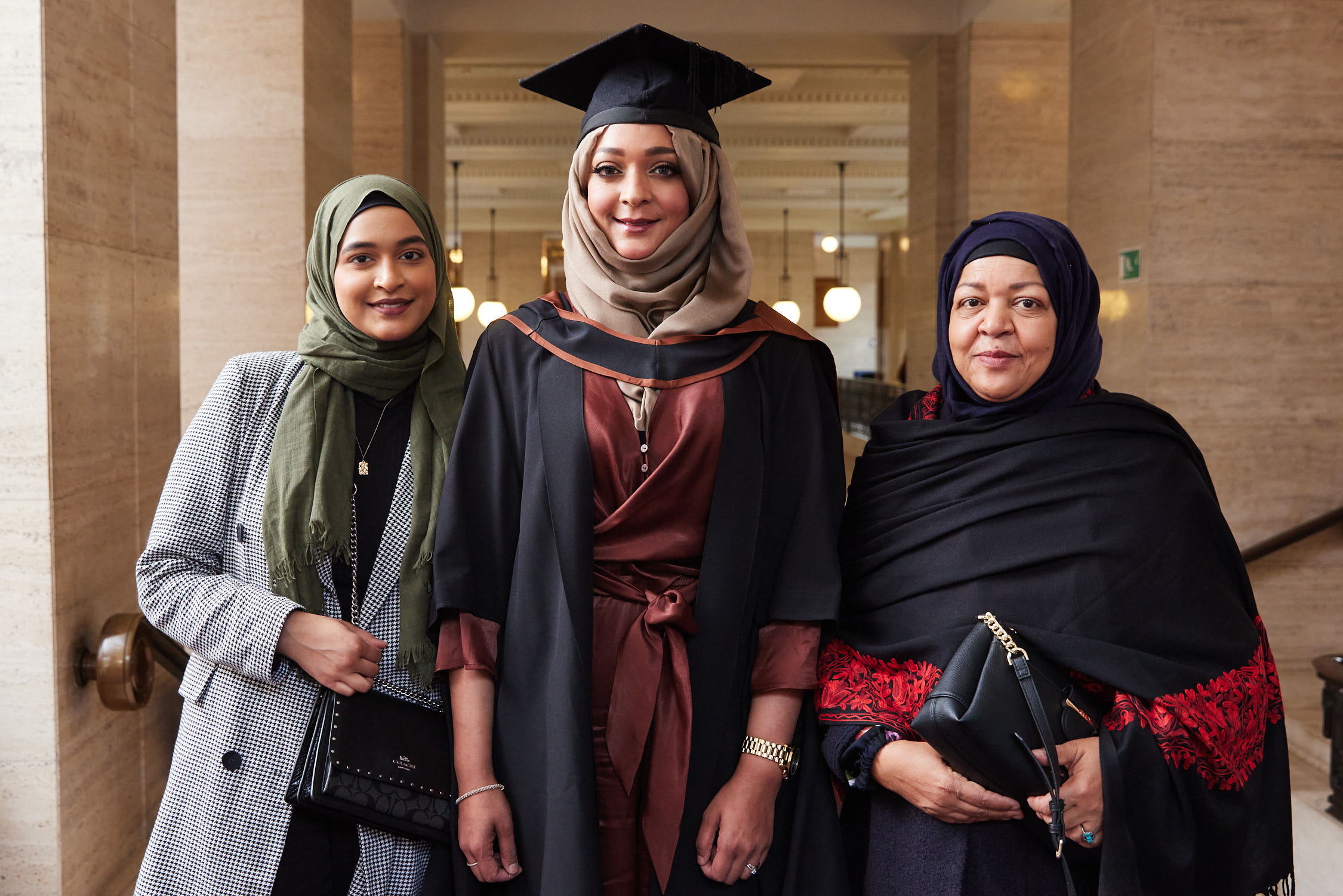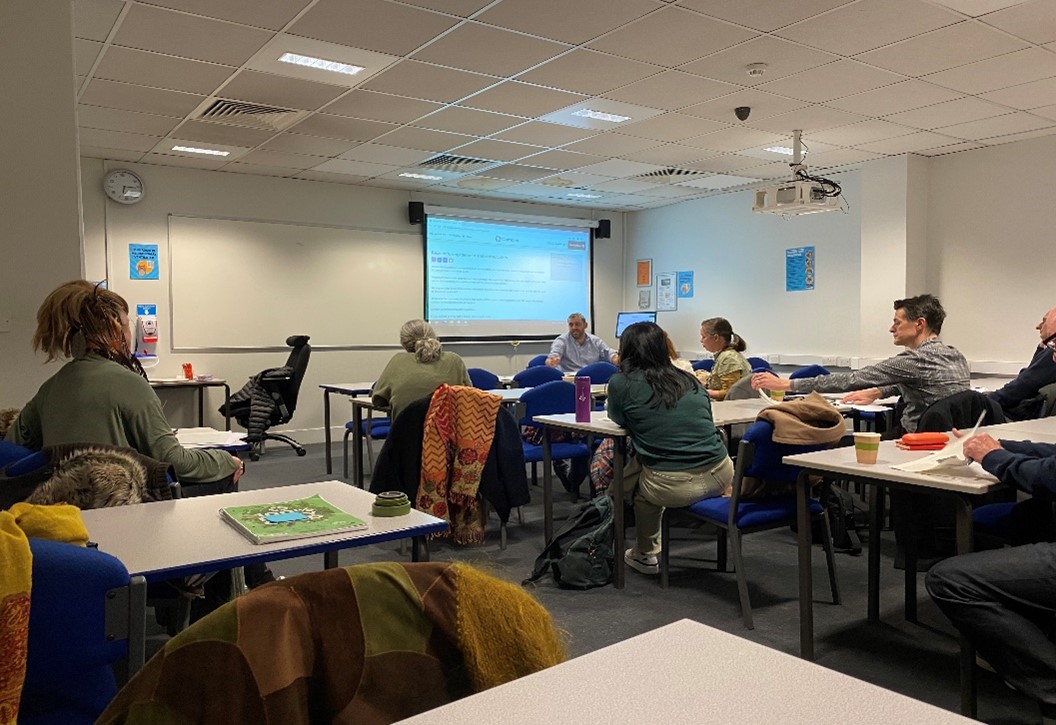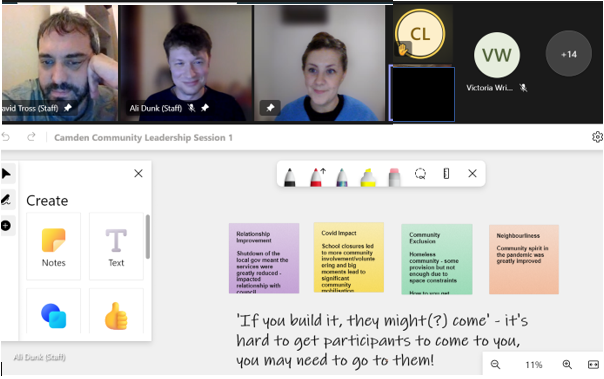Catherine Bourne’s life was changed when she witnessed the exploitation of human rights in Georgia. It led her to study MA Human Rights 33 years later and embark on a career change. This is her story.
The moment that changed my life
It was 1989 and I was 18 years old, studying Foreign Languages at university and living in the city of Tbilisi, Georgia. I was participating in a peaceful demonstration for independence, but we were met with violent retaliations by the Soviet Army which left 21 people dead, mainly young women aged 16 and 18. Witnessing these events unfold in front of my eyes was when I first questioned the understanding and laws of human rights.
10 years later, I moved to London to start a new life
I give birth to a girl and a boy and then in 2005, I accepted a job in my son’s school, working with autistic children and supporting them. It felt so rewarding to be able to help them.
In 2012, I filed for a divorce because of domestic violence
This personal experience ignited something inside of me and it was a similar feeling I had back in 1989 at the demonstration: I felt I needed to do something and be an advocate for the rights of women and children. In 2019 I decided to take the leap and I was accepted to study MA Human Rights at Birkbeck.
I was so scared to start studying again after 20 years
My children were my biggest supporters and they encouraged me to persevere, even though I was frightened I wouldn’t be able to do it. I even ran away from the Library on my first day.
The course was everything I could have hoped for
I found the lectures so stimulating and especially enjoyed the module on the future globalization of human rights. I was pleased to make friends on the course who I still keep in touch with now. My application to the Birkbeck Hardship Fund also meant I was given a personal laptop which I’m so grateful for.
Volunteering with Afghan mums
I’m building up my confidence to work in the field of human rights, by volunteering every week with Afghan mums and assisting them with questions about living in the UK and teaching them English.
I’m so excited for the future and embarking on a new career in human rights. I was uncertain about doing a degree aged 49 but Birkbeck offers the chance for everyone to study and change their lives, regardless of age, background or circumstance. For others who are my age and wondering if it is the right thing to do, I’d say go for it!
